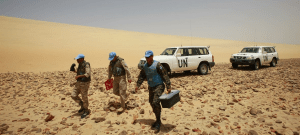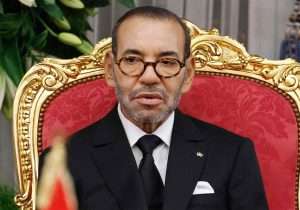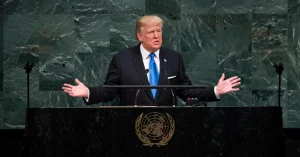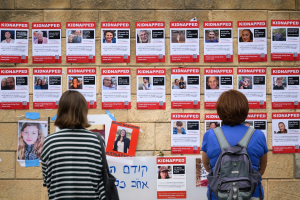EU gives Tunisia 150m euros to stabilize economy
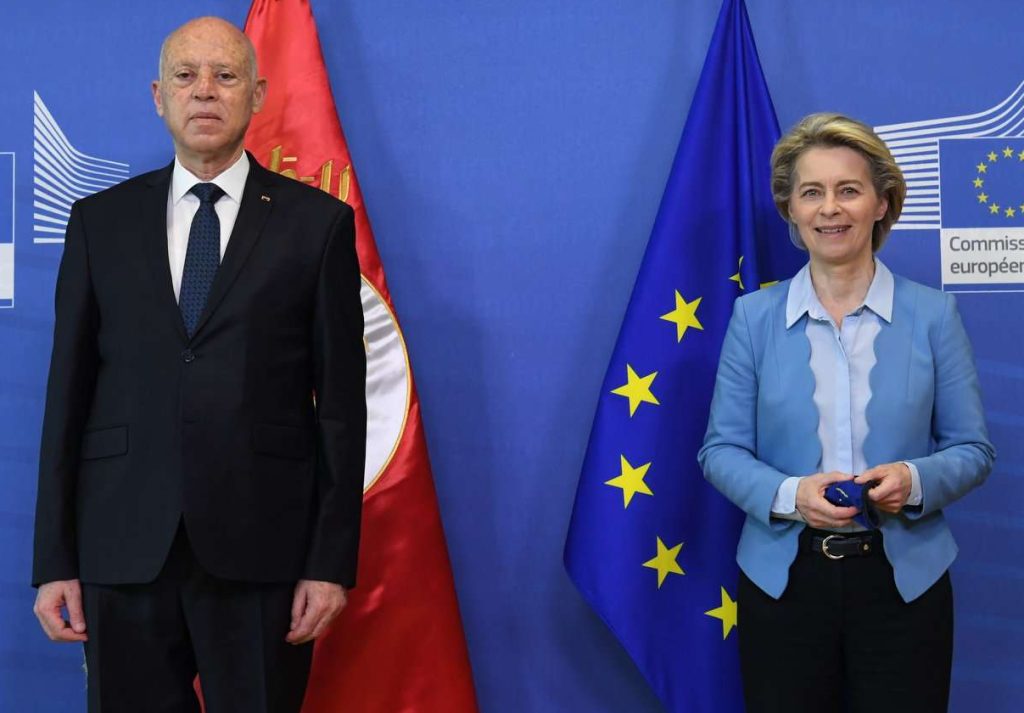
The European Union continues to fund Tunisia through its economic crisis despite various spending speculations, according to Reuters.
Although President Saied turned to the Tunisian Central Bank for support after rejecting EU funding in October 2023, the EU awarded Tunisia 150 million euros on 4th March, to support the ongoing financial and economic crisis the country faces.
READ: Tunisia: Cost of drinking water up 16% amid drought
In July 2023, the EU pledged to hand over 1 billion euros to Tunisia after signing a collaborative and “strategic partnership”.
President of the European Commission, Ursula von der Leyen says that Tunisia’s allowance is “an important step as part of our agreement concluded last year and [we have made] good progress in our partnership.”
Amnesty has criticised Europe for turning “a blind eye to the growing repression of human rights” that migrants, asylum seekers, and refugees face at the hands of Tunisian police as the EU-Tunisia deal aims to curb trafficking and illegal migration into Europe.
Human Rights Watch speculated that the EU funding was fueling the inhumane treatment of Tunisia’s migrants instead of fighting it as Saied’s regime allowed police to burn and destroy their makeshift shelters and expel hundreds of people into the desert without food, water, or mobile phones.
In October 2021, Tunisia’s former President, Moncef Marzouki had his diplomatic passport revoked by Saied’s regime after encouraging France to end its support for Tunisia. Marzouki, who now resides in Paris, was sentenced to eight years in prison in absentia last February as Saied considers him to be “among the enemies of Tunisia”.
Franco-Tunisian relations continue to be strained, as Tunisia’s Prime Minister was angered by a French documentary that covered Tunisia’s “poverty and dictatorship,” Al Jazeera reported. Ahmed Hanachi called the documentary an “unfriendly act by our French friends”. Between Poverty and Dictatorship, the Great Step Back, aired last week on France’s television channel, Métropole 6.
As the EU continues its strategic ties to Tunisia, Italy proposed the “Mattei Plan” to increase energy deals with Africa while curbing migration. Italy also signed a controversial agreement with Albania to send African migrants that land in Italy to the non-EU country. Although human rights groups and lawmakers strongly opposed the agreement, Ms von der Leyen endorsed the migration deal.
Reuters/Al Jazeera/Amnesty/HRW
Want to chase the pulse of North Africa?
Subscribe to receive our FREE weekly PDF magazine





